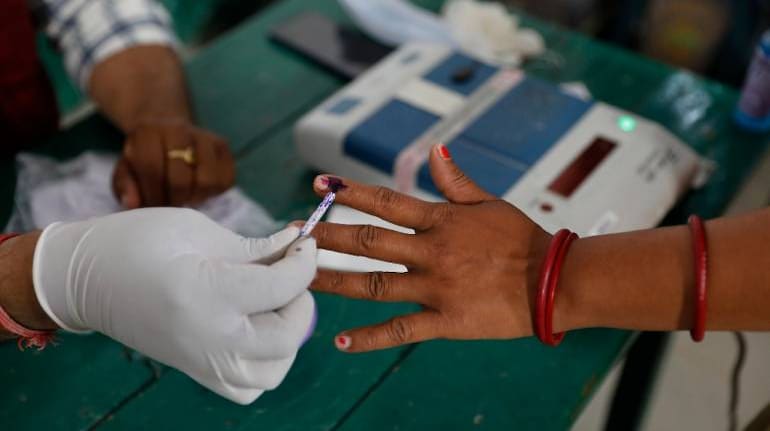



Yesterday, the Supreme Court delivered its much-awaited judgment in the Electoral Bonds case. In the year 2017, the Parliament passed the Finance Act, which amended several legislations and introduced the Electoral Bond Scheme wherein donations to political parties could be made through anonymous promissory notes issued by recognised banks (‘Scheme’).
There was no cap on these donations and companies were not obligated to disclose the recipient political party in their balance sheet. Further, political parties were not obligated to maintain a record of contributions received through electoral bonds. These were sweeping changes to the existing law which had both a cap on political funding by companies and also, mandatory requirements of disclosure.
The Scheme was challenged before the Supreme Court on two grounds. First, the non-disclosure of information under the Scheme violated the right to information of citizens under Article 19(1)(a). Second, the unlimited corporate funding violated the principle of free and fair election and violated Article 14 of the Constitution.
The Court agreed with both the arguments and found the Scheme to be unconstitutional. The judgment is important for two reasons. First, it is rooted in the reality of politics and money, and second, it furthers the citizen’s right to information for a meaningful participation in a democracy.
Money And Politics
First, the Court (writing through Chief Justice Chandrachud) acknowledges the association of money and politics, and keeps it at the centre of adjudication. Devoting significant space to the role played by political donations, the Court highlights the quid pro quo approach behind them. It remarks that political contributions give a seat at the table to the contributor, which is thereafter, used for exercising influence in policymaking.
The Court rejects the Union government’s argument that under the Scheme political party receiving the contribution would be unaware of the identity of the donor since the bonds are anonymous, and hence, logically no such undue influence could be asserted. The Court dons a realpolitik hat, and remarks that in practice, there are loopholes like physically handing over of electoral bonds to the political party and voluntary disclosures by the donor with an intention to seek favour.
It remarks, “Electoral bonds provide economically resourced contributors who already have a seat at the table selective anonymity vis-à-vis the public and not the political party.” While the Court’s judgment might not change the reality of large-scale political contributions, it would at least ensure that the public is aware of them. The public can assess whether the government did favours to those who funded the political party in power, and accordingly vote.
Right To Information
Second, the judgment recognises the importance of a citizen’s right to information in a democracy. Earlier this right was available only against individual candidates i.e., information about their financial assets and criminal record. However, the Court has extended this right against political parties as well keeping in mind the central role played by them in elections.
The Court observed that in public interest it is important that the voter has a right to information which furthers democratic participation, or in other words is essential for them to exercise their freedom of vote. The bold recognition of the right to information might play a significant role when the Court hears petitions seeking disclosures concerning government ministries, government officials and most importantly, the PM Cares fund.
Donor Data
At this moment, let me dispel a prima facie critique of the judgment. The Court directed the State Bank of India to submit details of Electoral Bonds purchased since April 12, 2019, till date to the Election Commission (‘EC’).
Critics have incorrectly argued that such a direction is unfair to the donors who made contributions under the presumption of anonymity. The Court chose April 12, 2019, as the starting date because on this day it had passed an interim order directing political parties to submit data regarding donations received in 2019, with the Election Commission.
This data was subject to future orders by the Court which logically included its future disclosure if electoral bonds were found unconstitutional. This direction was widely reported and hence, donors who made donations after 2019, cannot claim surprise. Further, the Chief Justice has given an assurance that the names of the donors will not be disclosed.
The Court in its judgment has highlighted serious flaws with the Electoral Bonds and also discussed viable alternatives like Electoral Trust which can be considered by the Executive. However, the Court’s job ends with suggestions as creating policy is within the domain of the Executive. The ball is now in the Executive’s court, it can either amend its existing policy or file a review against the judgment.
Swapnil Tripathi is a constitutional law expert and tweets at S_tripathi07. Views are personal, and do not represent the stand of this publication.
Discover the latest Business News, Sensex, and Nifty updates. Obtain Personal Finance insights, tax queries, and expert opinions on Moneycontrol or download the Moneycontrol App to stay updated!
Find the best of Al News in one place, specially curated for you every weekend.
Stay on top of the latest tech trends and biggest startup news.